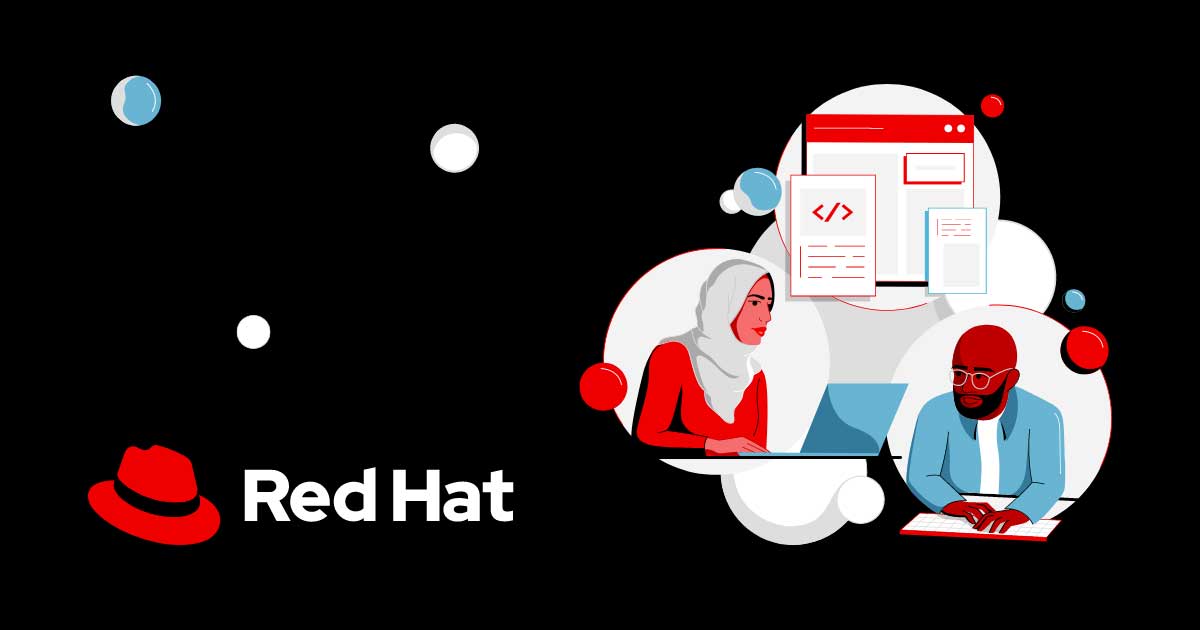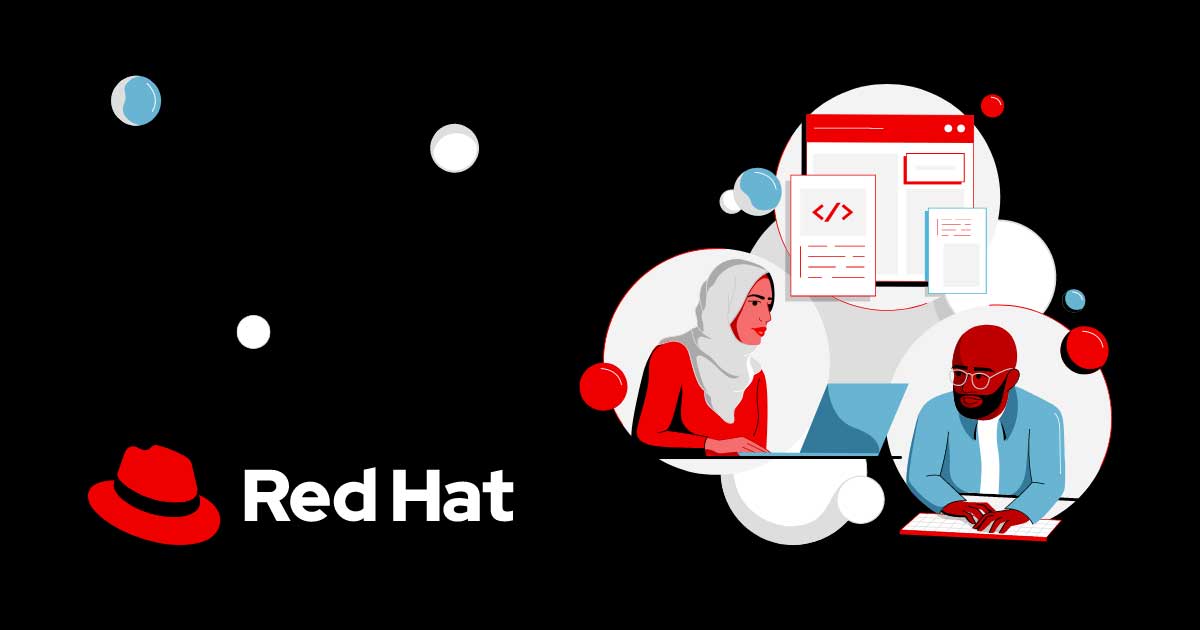When Linux 1.0 was released to the world almost 25 years ago, it introduced a revolutionary model of free and open-source software. This model tore down the barriers previously set by proprietary software giants like Microsoft, who controlled the development and distribution of computer programs. In this new landscape, a common phrase was,
In a world without walls, who needs Windows and Gates?
Linux’s open-source nature stood in direct contrast to Windows, which, while highly compatible and user-friendly, operates within a relatively closed environment. This closed environment imposes certain restrictions on developers and users alike. Anyone who has experienced Windows Update frustrations or Microsoft’s DRM features will understand this limitation. On the other hand, Linux, with its open-source kernel, allows users to freely adapt and modify the system for various use cases.
Linux Distributions: Flexibility at Its Core
At the heart of Linux lies its kernel—the central part of the operating system that links hardware to applications. Because Linux is open-source, it can be freely adapted for a range of different use cases. This flexibility has given rise to numerous versions of Linux, commonly referred to as “distributions” or “distros.” These distros provide different software stacks and desktop environments, all tied to the Linux kernel, creating a complete operating system.
For instance, distros like Ubuntu and Mint are popular desktop alternatives to Windows, while others, such as Android, power smartphones. Even supercomputers often run versions of Linux. Its open-source and customizable nature makes Linux a versatile tool for virtually any platform.
Security and Stability: Linux’s Core Strengths
One of Linux’s greatest advantages over Windows is its focus on security and stability. This focus has made Linux a favorite for critical applications, especially on servers. Compared to Windows, which emphasizes ease of use, Linux prioritizes system reliability and secure environments. This is particularly valuable for businesses and professionals running servers where performance and security are crucial.
Additionally, Linux is generally more lightweight and resource-efficient than Windows. Home users seeking a fast computing experience—especially on low-end machines—benefit from Linux’s reduced system demands. For professionals managing high-efficiency servers, Linux’s ability to run minimal background processes is a game changer. Many Linux distros, for example, offer configurations that are so light they operate solely via a command-line interface.
The Learning Curve of Linux
While Linux offers numerous advantages, it isn’t necessarily a plug-and-play alternative to Windows. Despite efforts over the last decade to make Linux distributions more user-friendly, there is still a notable learning curve, particularly for those who have never used Linux before.
One of the significant differences between Linux and proprietary systems like Windows or macOS is the level of granular control Linux offers. This high degree of control can be both a blessing and a challenge. To fully take advantage of what Linux offers, users often need to have a fair amount of technical knowledge. Even running a simple setup on something like a Raspberry Pi can require some experience.
For users familiar with Windows or macOS, Linux’s approach to software installation may feel foreign. Instead of downloading and installing software via executable files, as is common in Windows, Linux users typically rely on a package manager. The package manager downloads software from large repositories specific to each Linux distribution, similar to how app stores work on smartphones.
Package Managers: Linux’s Efficient Software Delivery
At first glance, relying on a package manager might seem restrictive compared to the open web search method for finding Windows software. However, Linux’s package managers offer a vast variety of applications, many of which are free and open-source. This continues the Linux tradition of promoting open-source software and community-driven development.
Though Linux excels in many areas, it isn’t perfect for all use cases. For example, gaming on Linux can present challenges, as many titles require compatibility layers, such as Wine, to run. However, progress is being made—Steam now features over 1,000 games compatible with Linux, and the SteamOS itself is Linux-based.
Customization: Linux’s True Potential
If mastering the challenges of Linux sounds appealing, there are numerous resources available online to guide you. Free resources like “Linux Newbie Guide” offer technical advice and step-by-step instructions on how to customize your Linux experience. Whether you’re looking to build a simple home system or a powerful server, Linux allows you to tailor your setup to meet your specific needs.
For those interested in Linux’s iconic penguin mascot, Tux, customization options extend even further—there are completely open-source sewing patterns to create your own Tux plushie!
Conclusion
Linux continues to be a beacon for free and open-source software development. Its ability to adapt to different environments—from desktop computers to supercomputers—makes it one of the most versatile operating systems available. While Linux may present a learning curve for newcomers, the rewards are substantial for those willing to invest the time. Whether you’re running a server, developing software, or just looking for a faster alternative to Windows, Linux has something to offer everyone.
If you’re ready to dive into the world of Linux, there’s no shortage of resources to help you along the way. With its long history of security, stability, and customization, Linux is here to stay.






No Comment! Be the first one.